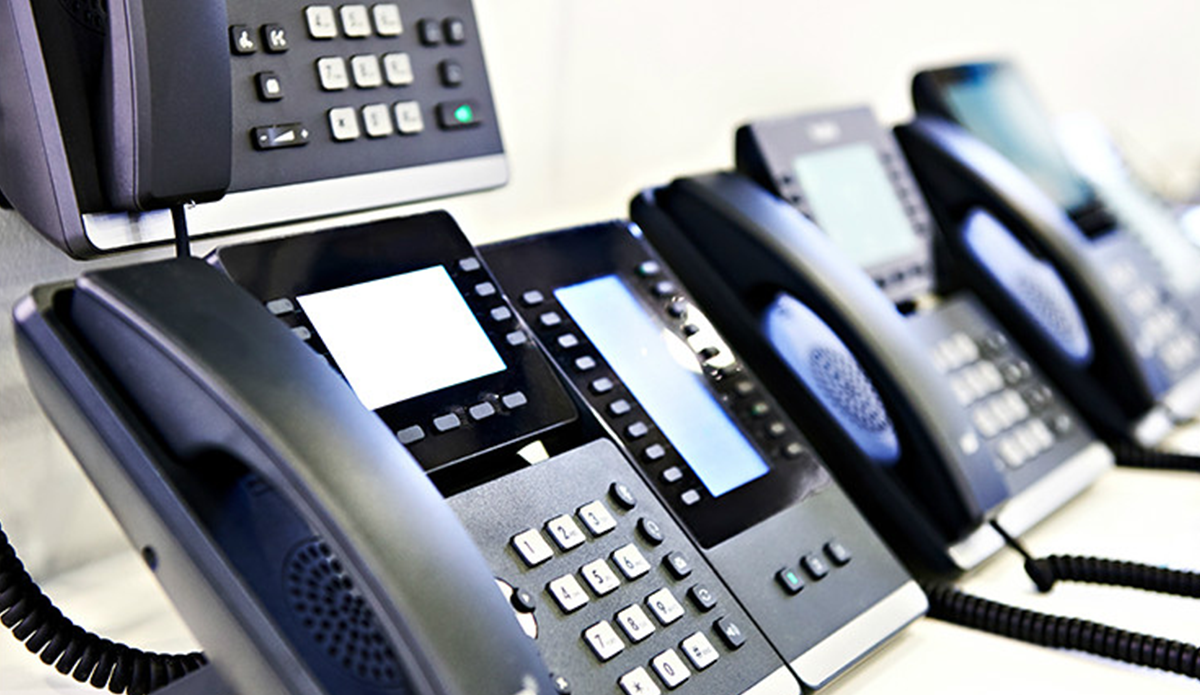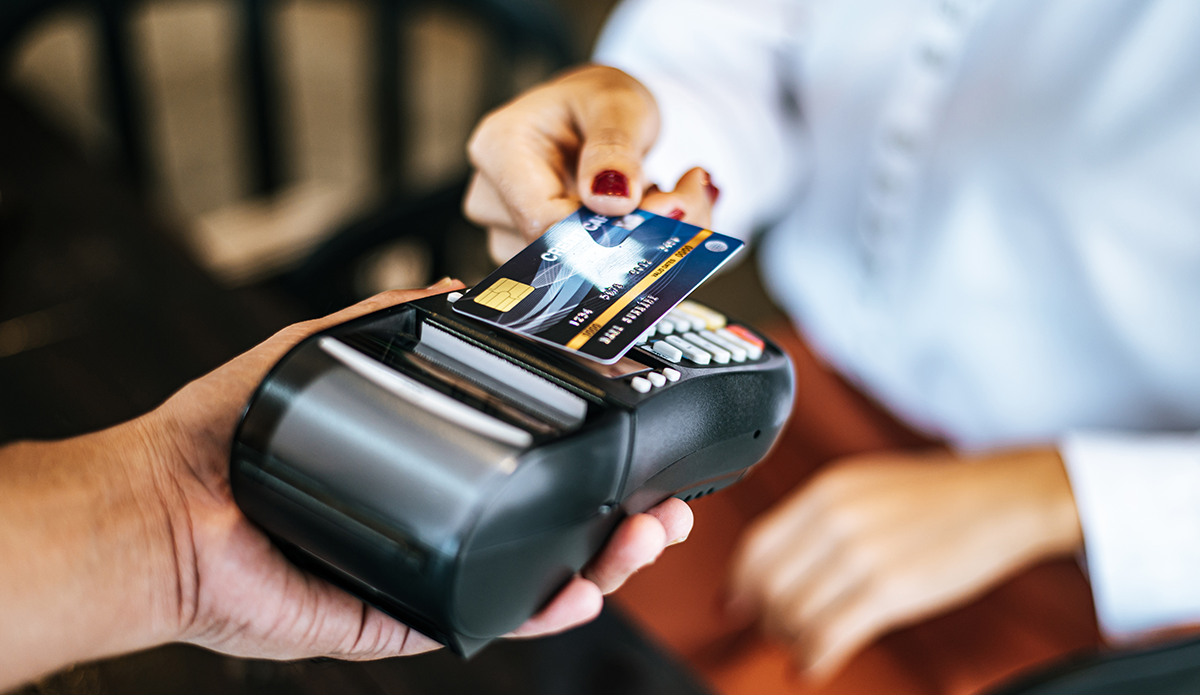VoIP is the future of the telephone
You’ll likely have heard all about the national landline switch off by now.
Don’t get left behind – you’ve only got two years to prepare!
With the right VoIP solution, you can revolutionise and streamline the way you work.
Is VoIP right for my business?
Regardless of your industry, you’ll find that there’s a lot of ways in which the right VoIP system supports your productivity.
As with all business suppliers, it’s important that you compare before you buy – especially if you’re new to VoIP.
Noisy office environment? Make high quality conference calls to remote staff.
Want to re-route customer calls? Create a seamless self-service phone option. We’ve got deals from every VoIP supplier in one place, so you can find a new deal with ease. Speak to our experts for professional advice today.
Small business? VoIP could be an asset to you too
Don’t overlook VoIP – it’s not just for big teams or large businesses!
In fact, recent research finds that more than one-third of all businesses now use a VoIP phone system.
The vast majority of those being businesses have less than 50 employees, proving you don’t need to be a large brand to access the best tech.
What is VoIP and how does it work?
Voice over Internet Protocol (VoIP) is internet-based phone system.
Instead of transmitting voice conversations over copper phone lines, you make calls through the internet.
Although it might sound technical, it’s simpler than you realise – and not too dissimilar to Skype.
If you have internet, you’re already halfway there!
Not only will VoIP replace your traditional business landline, but you can also make calls from your laptop, mobile or other smart devices.
All of this happens instantaneously.
Benefits of VoIP
There are several reasons why more businesses are switching to VoIP phone systems, which don’t necessarily revolve around cost.
Call quality
VoIP calls don’t use a lot of bandwidth, which means you get to enjoy clear and crisp audio quality. As long as you have stable internet, your calls will be higher quality than landline.
Simple installation
In addition to better sound quality, the cloud is also making VoIP a more viable option for small businesses.
Rather than having to install special equipment or wiring, companies can simply choose a cloud-hosted VoIP phone solution. This means you don’t need to buy any more equipment or employ IT staff to maintain it.
Ease of use
VoIP systems are very user-friendly. You also get a dedicated level of customer service from your supplier, in the rare event of any downtime.
Flexibility
Depending on your needs, you can scale up or down with ease.
This is especially true if you choose a cloud-based solution, which is easy to tailor and grows with your business. Say you hire new employees and need more phone lines – it can easily be arranged with your supplier!
Remote connectivity
One of the biggest advantages of VoIP is that it allows you to collaborate seamlessly with remote staff. Your team can take their business phone line anywhere they go, meaning higher rates of productivity.
You can also stay in close contact with your customers on the go by having business calls re-routed to your personal mobile.
Cost benefits
Cost is another reason businesses are making the switch from landline.
VoIP technology can also be relatively low cost, making it ideal for small businesses – but you still need to research before you commit!
Most VoIP providers charge a monthly fee per-user, making it a lot cheaper to maintain than old-school landline systems.
Add-ons
VoIP plans are highly customisable. It’s crucial you compare and research beforehand to make sure you pick a deal with the right features for your business.
These include conference calls, call logging and routing, customer insight, call recording, a virtual receptionist and many more.
You can even integrate VoIP systems with other business services, like email.
We can also find you a solution to disguise your personal mobile number for professional use – so you can still work on the go.
Ready to find a VoIP deal?
We’ve got every VoIP plan from every supplier in one place.
The package you choose will significantly impact price, features and installation – all of which we can help you consider.
Compare VoIP suppliers for free.


